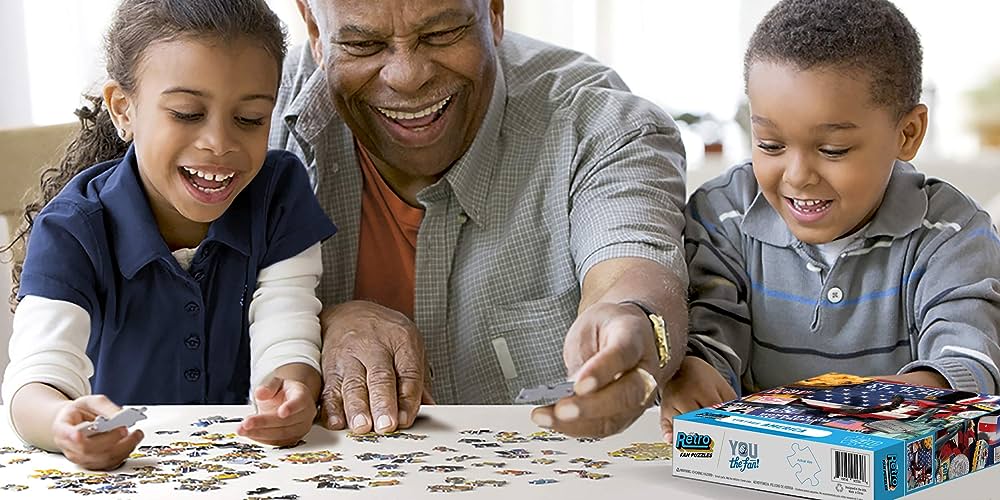Why Children are Drawn to Puzzle Play?

Childhood is a time of wonder, exploration, and boundless curiosity. Among the myriad activities that captivate young minds, puzzles hold a special place. From intricate jigsaw puzzles to mind-boggling brain teasers, children seem to have an innate attraction to these perplexing challenges. But what lies beneath this fascination? Why do children find themselves irresistibly drawn to the world of puzzles?
1. Mental Gymnastics and Triumph:
Children possess an innate desire to conquer challenges. Puzzles provide the perfect platform for them to flex their mental muscles. Each piece successfully placed, each puzzle solved, fuels a sense of accomplishment. This satisfaction acts as a catalyst, driving them to explore even more complex puzzles.
2. The Curious Case of Curiosity:
Children are naturally curious beings. Puzzles, with their unique shapes and intricate designs, trigger this curiosity. The mere act of putting pieces together to form a coherent whole stimulates their inquisitiveness. This curiosity encourages them to dive deeper into the puzzle-solving process, unveiling hidden patterns and connections.
3. The Joy of Unveiling:
Puzzles offer a tangible representation of problem-solving. The joy of slowly revealing a hidden image or pattern by connecting pieces resonates with children. It’s akin to uncovering a secret, and this element of surprise and revelation becomes a source of immense delight.
4. Sensory Stimulation:
Puzzle play engages multiple senses. Children feel the texture of the pieces, hear the satisfying click as they fit together, and see the gradual formation of the final picture. This multisensory experience enriches their engagement and deepens their connection with the activity.
5. A Sense of Control:
Children often find themselves navigating a world where they have limited control. Puzzles offer a sense of agency. They are in charge of putting the pieces in place, deciding the sequence, and completing the puzzle. This autonomy empowers them and provides a welcome break from the structures of daily life.
6. Cognitive Development:
Puzzle play isn’t just enjoyable; it’s an intellectual workout. Children sharpen their spatial reasoning, problem-solving, and critical thinking skills. The process of identifying shapes, colors, and patterns, and then fitting them together, nurtures cognitive growth that extends beyond puzzle-solving scenarios.
7. Social Bonds and Collaboration:
Puzzle play often becomes a group activity. Siblings, friends, and family gather around to work on a puzzle together. This collaborative effort fosters bonding, communication, and teamwork. As they collectively strive to solve the puzzle, children learn the art of cooperation.
8. Sense of Completion:
The feeling of completing a puzzle, of placing that final piece and witnessing the entire picture, is profoundly satisfying. It’s a tangible representation of a goal achieved. This sense of completion instills a sense of closure and accomplishment, boosting their confidence and self-esteem.
In essence, the allure of puzzles lies in their ability to simultaneously challenge and entertain. They provide a safe space for children to explore their capabilities, learn new skills, and experience the joy of discovery. As children navigate the intricate world of puzzles, they embark on a journey of growth, cognitive development, and unbridled delight.



发表评论
Want to join the discussion?Feel free to contribute!